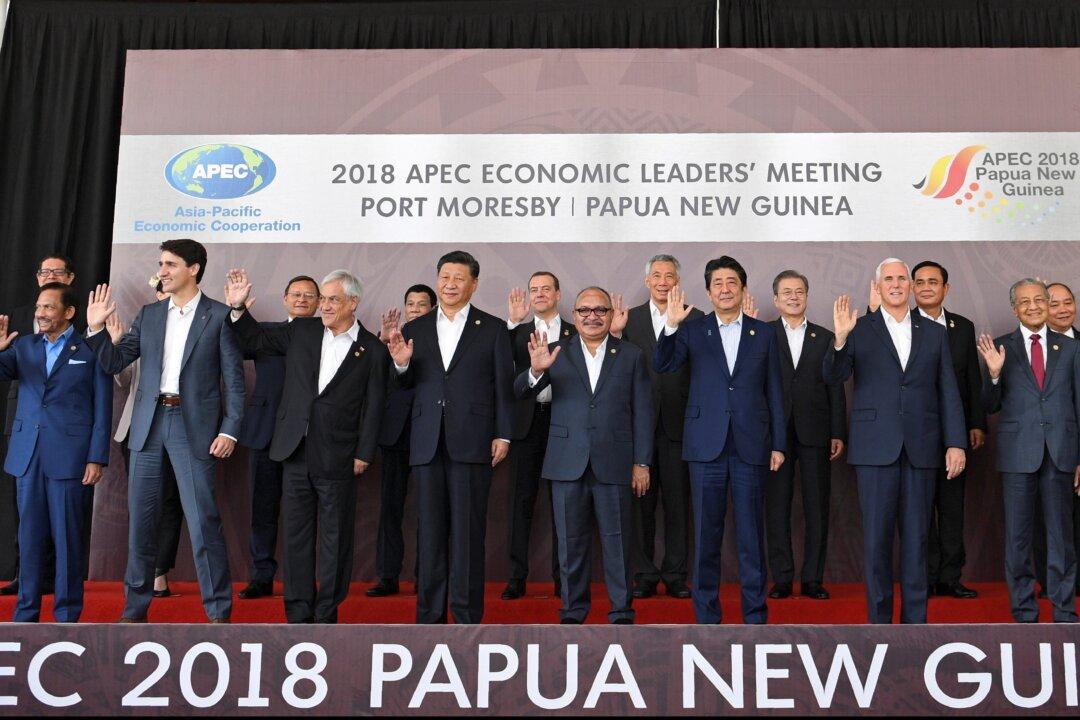Commentary
China and the United States, along with Russia and Japan, are members of APEC and the G-20, with the current geopolitical climate threatening the cohesion of both groups, presenting several flashpoints for a potential war.

China and the United States, along with Russia and Japan, are members of APEC and the G-20, with the current geopolitical climate threatening the cohesion of both groups, presenting several flashpoints for a potential war.